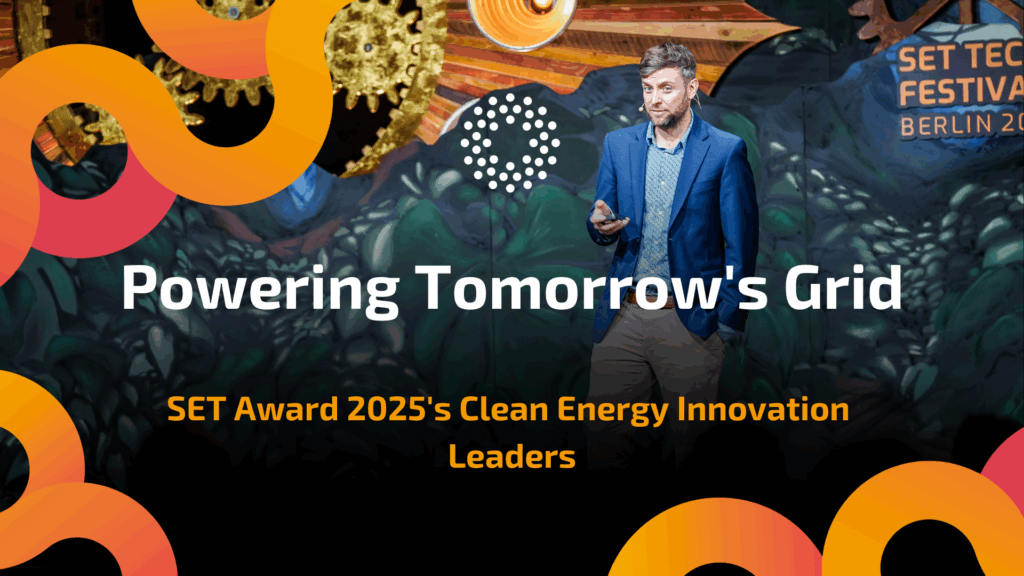A recent study by Inderwildi et al. (2020), estimates that digitalisation has the potential to increase carbon abatement by 20%. Artificial intelligence technologies are likely even more effective and could raise the carbon abatement potential up to 30%. Smart grids, smart meters and blockchain in the energy context are therefore much more than just buzzwords. In another key study regarding AI and decarbonisation (Rolnick et al., 2019), it was pointed out that electricity systems are rich in data and have great potential for AI applications. AI can contribute on all fronts by informing research, deployment and operation of electricity system technologies. Among others, AI can help to develop new technologies, improve forecasts of demand and renewable energy, optimise grid management or enhance system monitoring.
The 2014 IPCC report stated that the electricity system alone is responsible for at least a quarter of energy-related CO2 emissions. Thus, decarbonising the world’s energy systems is a crucial part of mitigating climate change through the reduction of greenhouse gas emissions. Decarbonisation in itself is surely non-negotiable but it has to be balanced with a smooth transition to sustainable energy and ensuring economic stability. Digitalisation and in particular artificial intelligence might contribute to that end. In the electricity context, digital tools can help to reduce power bills via smart meters, to enable peer-to-peer energy trading between power stations via blockchain or to optimise grid efficiency with smart grids.
Start-ups are essential innovators in that context and AI-start-ups were increasingly represented in the SET Awards of the last years. Many ambitious innovators want to integrate the new possibilities of AI to the fight against climate change. Three cutting edge start-ups from our SET100 network are:
BluWave-ai – SET’20 Finalist
BluWave-ai uses artificial intelligence to accelerate the adoption and increased use of renewable energy by electrical utilities and enterprises. Provided through an SaaS model, their distributed AI platform optimizes multiple renewable and non-renewable energy sources in real-time to minimize cost and maximize availability and reliability.
BluWave-ai has a distributed architecture, comprising two components. BluWave-ai Edge aggregates data from sensors and other IoT devices to consume key input such as weather forecasts, load demands and pricing tables. The Edge performs AI-based prediction and optimization. BluWave-ai Center connects to all Edge nodes, ingests their raw or synthesized data, learns from the data and continuously enhances the AI models. Learn more about BluWave on their website and stay updated via twitter.
SwitchDin – SET’20 Finalist
SwitchDin provides software that connects utilities with distributed energy resources (DERs), enabling orchestration through smart control of solar, batteries and loads for virtual power plants and microgrids. The SwitchDin Droplet controller integrates with most inverters, meters, and load controllers and provides localised ‘small picture’ energy management and control of DERs. The company was founded in 2014 by Andrew Mears Learn more about SwitchDin on their website and stay updated via twitter.
Envelio – SET’19 Finalist
Envelio is a startup from Cologne, Germany developing software for the digital transformation of energy grids. Their digital assistance system supports distribution grid operation in their workflows with regard to planning and operation of power systems with high shares of renewables. They increase data quality via machine learning algorithms, automate the grid process planning and optimize grid operation. Envelio was founded in 2017 by Simon Koopmann and his four co-founders. Get to know envelio on their website and follow their twitter account.
RatedPower – SET’18 Finalist
RatedPower’s AI- and cloud-based software (SaaS), pvDesign enables the automated design and engineering of solar Photovoltaic plants in the easiest way possible. They perform in minutes what would take traditional engineering weeks. The result is a faster, more automated, accurate and reliable process. Thanks to their software package they were able to design over 1000 gigawatt of solar plants worldwide. The Madrid-based start-up was founded in 2017 by Andrea Barber and her co-founders. Be sure to visit their homepage and follow their twitter account.
Be sure to check out dena’s recent report “Artificial Intelligence for the Integrated Energy Transition” and keep up to date with dena’s “EnerKI – Using artificial intelligence to optimise the energy system” project
For more perspective on this issue be sure to check out The Interchange podcast as they tackle the topic in this episode “Using Artificial Intelligence to Mitigate Climate Change”
There are many more exciting innovations to tackle climate change and realize the energy transition. Visit this link to get to know many more exciting and inspiring start-ups.


